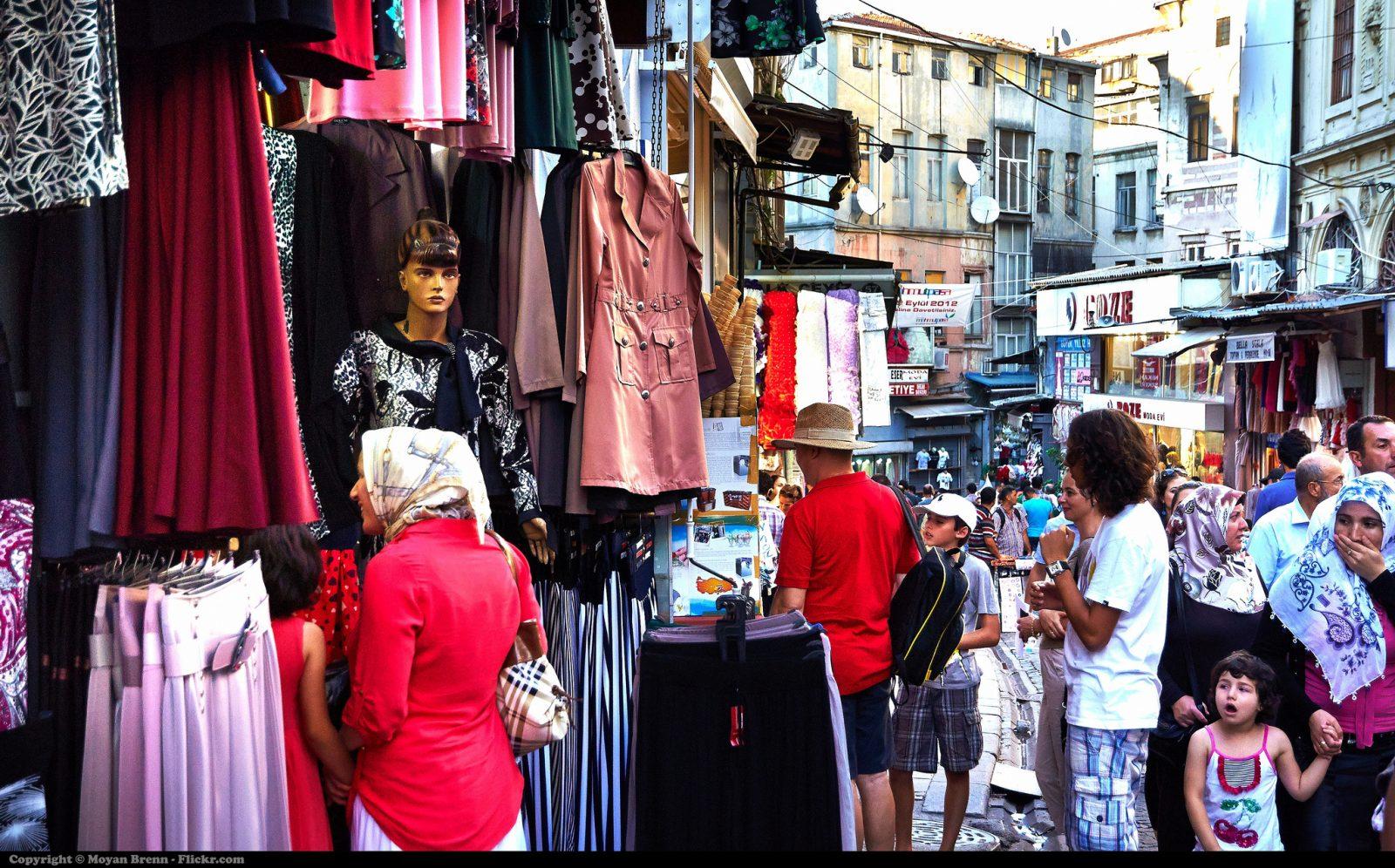
Mary Thomas
Advertising Staff
[email protected]
The increased turn-around rate of retail consumption became a bigger problem for the environment in the past two decades, caused by the constant cycle of buying, discarding and then buying new pieces of clothing, according to environmentalists.
In the documentary The True Cost, filmmakers discovered the world consumes 80 billion pieces of new clothes a year and in the U.S. alone there is more than 11 million tons of textile waste.
This issue gained notoriety with young, burgeoning environmentalists around the world and on the UNC Asheville campus. Sophomore environmental studies student Cade Justad-Sandberg said he is mainly concerned the true cost of the clothing is not being paid for.
“Companies will not be the ones to pay to fix the damage from an ocean burdened with $5 H&M shorts, nor will they be the ones to pay for cities to relocate when the ocean continues to warm and overtake our shorelines,” Justad-sandberg said. “It is not my opinion, but the fact that fast fashion is second only to big oil in terms of pollution created. In my opinion, our consumption rate of clothes has created a huge problem of cheap items that are simply not designed to last.”
In the past, consumers held onto their clothes for years due to the overall lasting quality of the clothes and the promise of vintage clothes coming back in style. Once quality went out the window in favor of cut-rate prices, fast fashion was set up for a big economic win.
Retailers like H&M and Forever 21 perpetuate the problem and target the trendy consumer on a budget. The retailers can then produce the clothes cheaply and quickly. The cheap and low-quality clothes keep consumers coming back for more, but not before throwing out the older, damaged clothing. Then the cycle continues.
Sophomore art history student Cassidy Bronack said she is an informed consumer, but still finds herself falling for the traps retailers set while shopping.
“In an ideal situation I try not to shop at those retail stores because I am aware of the issues with their clothes, but as a college student in my financial state, it’s difficult to avoid the temptation of trendy clothes at an affordable price,” Bronack said.
Alison Ormsby, environmental studies adjunct professor, said the effects on society span farther than most people would think and fast fashion affects social aspects of the world too.
“So, environmentally, they are sourcing more raw materials because consumers are going through more clothes. It also takes a lot of water to produce fashion and then the chemicals for the dyes,” Ormsby said. “The social impacts would be the quality of life for the workers. So, are the workers getting a living wage, how long is their workday, what are the conditions of the buildings in which they are working.”
Ormsby said she encourages her students to be educated about where their clothing comes from and the footprint it has on the world.
“How far did it travel to get to you? Sometimes the cotton is grown in the U.S., shipped to India to produce the fabric, then that is shipped back to the U.S. to make it. So, the goods have traveled around the world before it even gets to the store. So, think about all the different steps of impact and try to minimize them,” said Ormsby. “Try to be aware of the steps that went into making your clothing.”
Ormsby said while fast fashion is the cheaper option, it is not the best in the long run for either the consumer or the environment.
“It’s worth buying a $60 pair of pants because it will last and in the end you’re spending less. If you find something that’s ethically created it’s worth spending a little more on it.” said Ormsby.

















